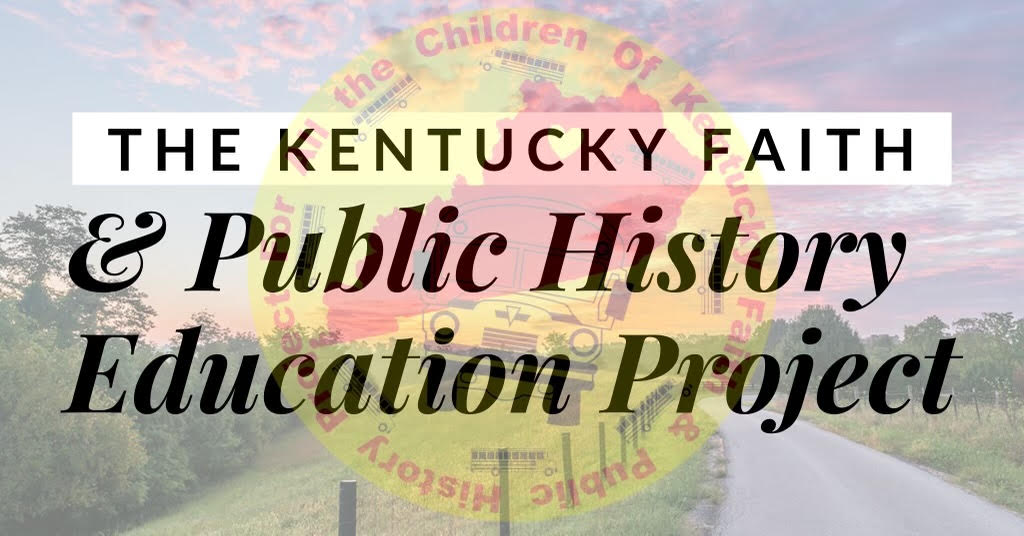Some kids know what they want to be when the grow up from a
very young age. Others struggle to identify their interests and passions. Still
others seem to flit from one eclectic idea to another, as if they were
butterflies tasting one flower after another but not quite landing on any.
Sandy Tucker’s story may be a way for you to start a conversation about purpose
and vocation with your students.
Sandy Tucker lived near Liberty, Kentucky, where she and her
husband founded the Galilean Children’s Home[1].
After the couple got married, they wanted to have a baby but it did not happen
for a very long time – seven years. Sandy loved children so she was
disappointed not to be able to get pregnant. Because she was a Christian, Sandy
prayed about her problem. Because she was a Christian, she read the Bible every
day. She believed that God talks to people through the Bible. One day she found
a verse that seemed to be God telling her what He wanted her to do with her
life. It says: “Defend the poor and fatherless; do justice to the afflicted and
needy” (Psalm 82:3). Because of this verse, the Tuckers started taking care of
children whom nobody else wanted because they had disabilities or serious diseases
or because their mothers had given birth to them in prison. They adopted their
first sick baby in 1969. Since then the Galilean Children’s Home has taken care
of more than 1,000 other children. The ministry even received the 1992
President’s Annual Points of Light Award from President Bush. Even after Sandy
Tucker died in 2007, the Galilean Children’s Home continues to do its important
work. So, you could say that Sandy Tucker found her purpose because she prayed
about her disappointment and searched the Bible to find what she understood as
God’s calling or vocation for her life. Then she acted on what she believed God
wanted her to do.
After you tell your students about Sandy Tucker’s life and
work, ask them what they think they will do when they grow up and why. Ask them
how they are or will know that they have chosen a good direction for their
lives. Discuss how Sandy Tucker’s Christian faith influenced her life’s work.
Then ask them to think about whether and how their faith plays any role in what
they plan to do with their lives.
